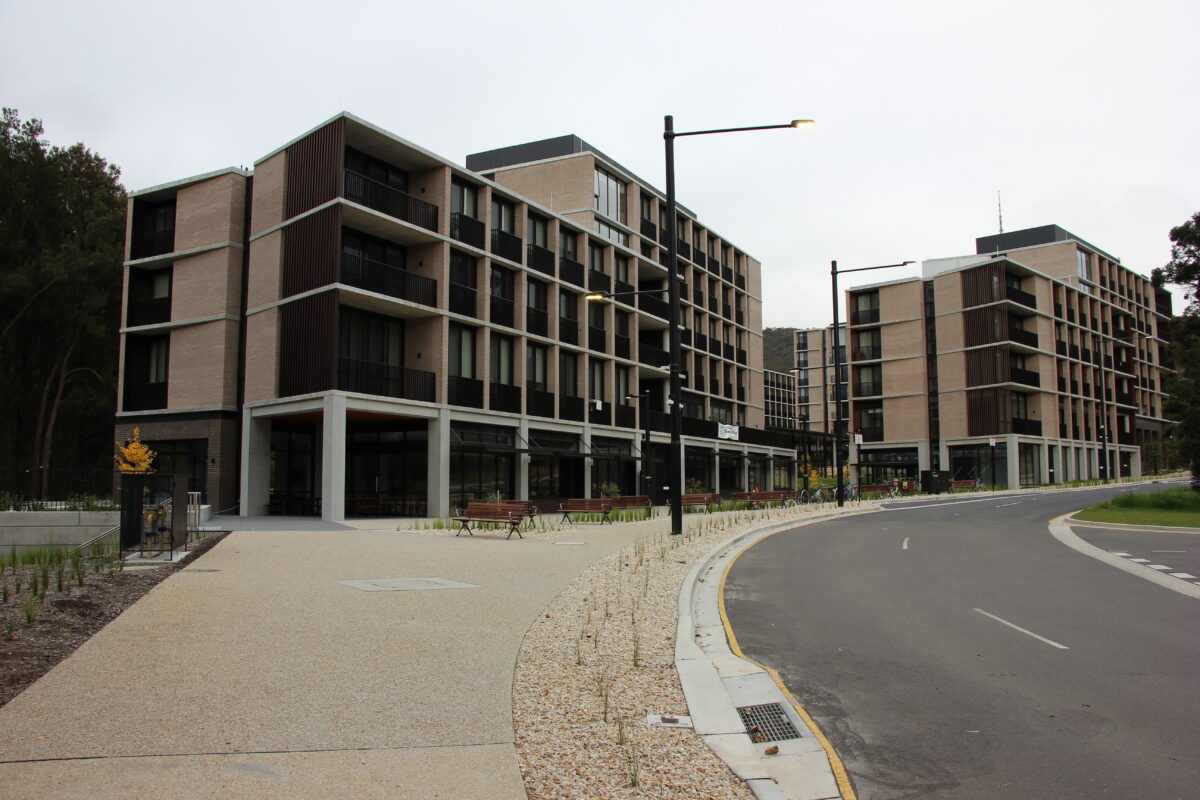Starting July this year, the ANU will launch a 24/7 staffing model across most on-campus residences, which involves introducing a new paid “Community Support Officer” (CSO) role for after-hours duties.
According to a University spokesperson, the role of a CSO “will be similar to that of the ‘Duty SR’”, referring to Senior Residents (SRs) who begin their “duty shift” after a Hall’s reception closes, and who are responsible for overnight duties such as assisting students who are locked out of rooms and addressing noise complaints.
CSOs will provide support from 4pm to 8am on weekdays and 24 hours over weekends and public holidays. They will be supported by an Operations Manager, UniSafe and several on-call managers.
The University explained that the new staffing model is designed to “provide a package of support where after-hours staff work collaboratively with the residential community, and particularly the Senior Residents.”
According to Wright Hall SR Isha Singhal (she/her), SRs “will maintain pastoral care and community building responsibilities but duty shifts and incident management will be for the CSO.”
The change will be implemented across all on-campus residences except for Graduate House and the unaffiliated colleges. It was first proposed by the University in mid-2023, after a review of the SR position and after-hours support model. This included “an all-residents survey, SR specific survey and focus groups with student leadership, as well as internal and external stakeholders”, the University spokesperson stated. The results of this review were subsequently released to residents of ANU’s student accommodations.
A current SR confirmed that SRs were previously consulted on the implementation of the new staffing model. They told Woroni that they are “hoping that the removal of the after hours duty shifts (for Duty SRs) means residents won’t be charged for after hours lockouts in the same way.”
This is in light of the University’s controversial move in sharply increasing lock-out fees for student residents last year, from $15 in 2022 to $100 in 2023. The fee is charged when Duty SRs are contacted by students after hours to regain access to their rooms or residences, for the third time in the semester.
The SR expressed concerns regarding residents’ “not feeling comfortable approaching someone” when this happens.
However, some aspects of the new staffing model have been met with concerns by current SRs.
Singhal says that while she “sees the potential merit in having someone who is more experienced and trained stepping into these roles over a student”, the University’s encouragement of current SRs to apply for the CSO role was “a bit surprising”, leaving her “a bit confused about the purpose of the new system then.”
The University has affirmed that “ANU supports employment opportunities for all students and recognises these roles may suit some members of our community.”
Singhal also told Woroni that when SRs were informed “that CSOs will be working two residences instead of one”, concerns were raised over whether, “Yukeembruk (sic) and Ursies (Ursula Hall) [would potentially be] managed together.” This concern is given the distance between the halls, with both John XXIII and Burgmann colleges being situated between the halls.
The announcement of the staffing model’s implementation had also previously generated fears that SR scholarship amounts would be cut, especially with the employment of full-time professional paid staff.
An SR scholarship is a type of residential scholarship offered by the ANU, that grants SRs total coverage of the room rate of a standard or single room in their residence in recognition of their voluntary role in contributing to their residence’s community life.
In response, the University has maintained that the change will have no impact on SR scholarships in 2024, in a win for current and prospective SRs.
For further information on the 24/7 staffing model, feel free to contact or attend drop-in sessions provided by the ANU Residential Experience Division, accessible during business hours, Monday to Friday.
We acknowledge the Ngunnawal and Ngambri people, who are the Traditional Custodians of the land on which Woroni, Woroni Radio and Woroni TV are created, edited, published, printed and distributed. We pay our respects to Elders past and present. We acknowledge that the name Woroni was taken from the Wadi Wadi Nation without permission, and we are striving to do better for future reconciliation.
